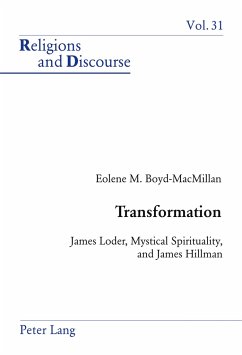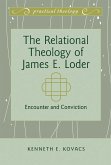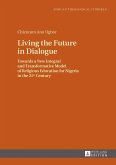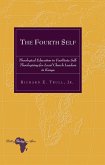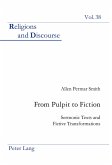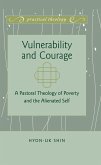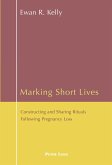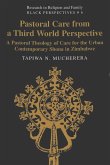Transformation is a desired outcome of Christian spirituality. Christians pray, trust, and hope that their responsive embrace of God will transform them. Interdisciplinary study of this process, as journey and as significant movements, hits upon key philosophical, theological, and psychological debates. Are all spiritualities the same core with an overlay of traditional practices and beliefs? How is the Holy Spirit involved in human life as the potential for this transformation process unfolds from birth? Can psychological theories of transformation that do not affirm divine reality have explanatory and descriptive power for Christian understandings of transformation?
These areas of focus and related questions encompass broad landscapes. This book places a magnifying glass on one piece of the terrain by engaging the work of philosopher, theologian, and psychologist James Loder, mystical spirituality scholars Andrew Louth, Bernard McGinn, Denys Turner, and Mark McIntosh, and archetypal movement founder James Hillman. Without denying differences, this work is the first analysis to identify connections among these thinkers. The significance of the connections is both substantive and methodological for intra- and inter-faith (broadly understood) spirituality discussion, as well as for the engagement of the Christian church with the culture of the twenty-first century.
These areas of focus and related questions encompass broad landscapes. This book places a magnifying glass on one piece of the terrain by engaging the work of philosopher, theologian, and psychologist James Loder, mystical spirituality scholars Andrew Louth, Bernard McGinn, Denys Turner, and Mark McIntosh, and archetypal movement founder James Hillman. Without denying differences, this work is the first analysis to identify connections among these thinkers. The significance of the connections is both substantive and methodological for intra- and inter-faith (broadly understood) spirituality discussion, as well as for the engagement of the Christian church with the culture of the twenty-first century.

